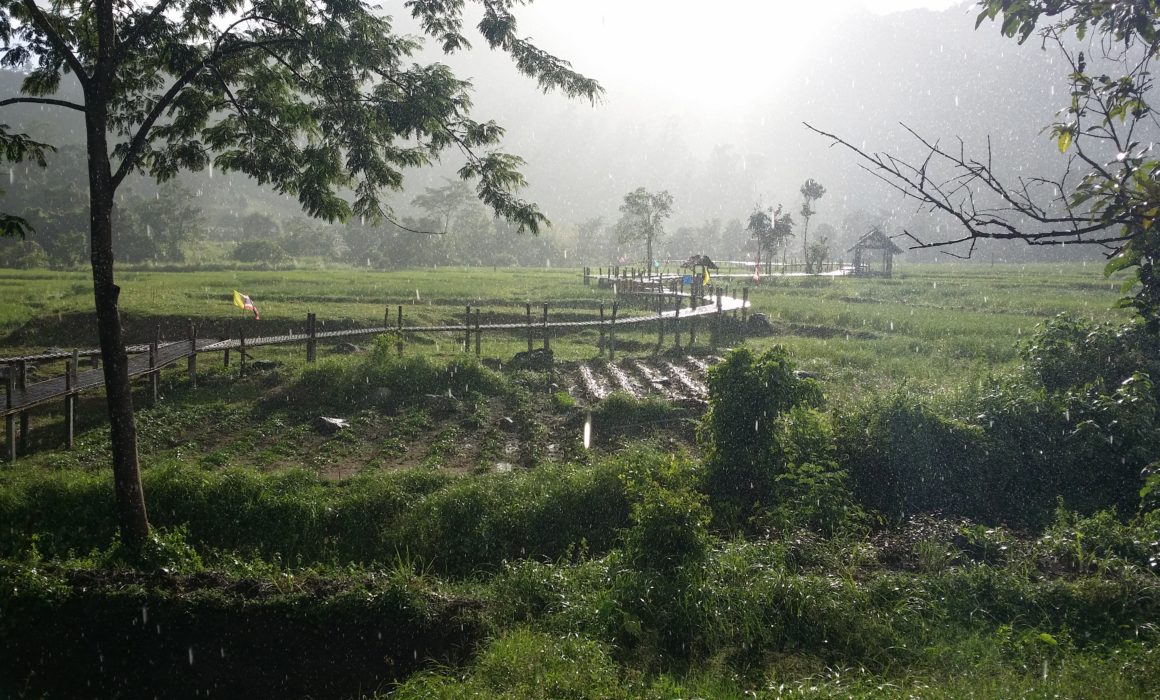THE SCENT OF FORGETTING
When I first suggested an Aromatherapy workshop to the activities co-ordinator at a dementia care home, her response was, “You do know that many of our residents can’t smell. It’s one of the symptoms of Dementia.”
Of course, I thought, how did I not consider that? Olfactory dysfunction is not only a sensory impairment experienced by those with neurological disorders such as Dementia and Parkinson’s, but of normal aging, with studies finding that half of those tested between 65-80 years presented significant olfactory dysfunction. In the over 80s, this rose to over 75%[1]. In simple anatomical terms, this makes sense. The olfactory system is directly linked to limbic system in the brain, which also processes memory function. As this system degenerates, we may lose our sense of smell along with our powers of recollection, or perhaps vice-versa.
Nevertheless, the activities co-ordinator gave me the benefit of the doubt and two weeks later, I found myself around a table with six or so participants in various stages of onset Dementia. I had brought with me four essential oils and the plants and fruit they came from (for tactile engagement) along with the equipment to make a care home massage oil.
Usually, my first question in workshops is to ask people what their favourite smell is. Again, something I was to learn through these workshops was that asking Dementia sufferers open-ended questions like this is not helpful – they can’t remember. Still, amid the ‘I don’t knows’, a couple of specifics came, including, ‘my wife’s roasts’ and ‘lavender’.
The real magic came, however, when we passed around the aromas. I will never forget the woman who was wheeled in, wailing and who continued to wail at the table, seemingly absent. When prompted, she inhaled the aroma of sage and paused, suddenly quiet.
“Does it remind you of anything?” prompted the carer.
“Dancing,” she shouted.
Then she was away again until we presented chamomile. Another pause in the wailing.
“My son!” she cried.
After that, we lost her attention, but those two moments were epitomising of the power of aroma. Her memories may not have been vivid or accurate. Perhaps her son has never had anything to do with chamomile, but the connections were made and for a moment, her mind could focus.
In the second workshop I ran at the care home, I was to learn that even before matching the aromas to their origin (i.e. a lemon for lemon essential oil) we would have to identify what the objects were. When placed in his hands, ginger reminded one man of bones, but he couldn’t say what it was. No one could. Nor the lemon or rosemary. We spent some time recalling each of the items before matching them to their aroma. When lavender came under the nose of a woman called Rita, who had been drifting in and out of sleep, she closed her eyes and smiled. She took it away from her nose and placing it back there again, smiled.
“I don’t know what it is,” she said, “but it takes me somewhere.”
Rita sat with the lavender the remainder of the workshop, and we made sure to infuse it into the room spritz we made together.
Meanwhile, to the man who had cited his wife’s roasts as his favourite smell, everything, regardless, reminded him of something in a roast dinner – turnips or potatoes.
Workshops like these are the reason I became an aromatherapist. Having worked in mental health, I believe scent a powerful tool to focus, calm and alleviate troubled minds – the limbic system also being where emotions are processed. Though Dementia and old age disturb memory, emotion and olfaction, what the workshops in the care home taught me is that they do not totally erase them, and that within the mind still lies the power to create and recreate, if we provide it with the right tools.
Note: Though currently I am no longer able to run the care home workshops since the Corona virus outbreak, I am looking into providing an online version with a deliverable package of materials. To register your interest, please contact am@amaromatherapy.com
